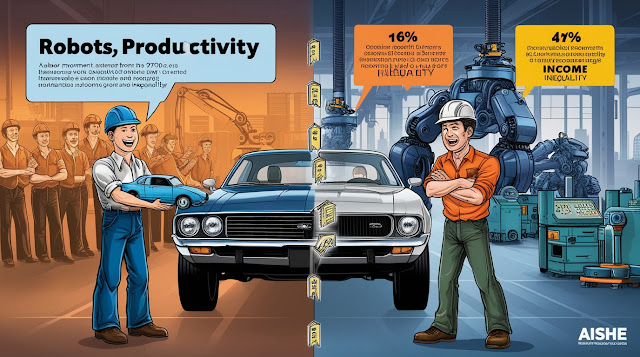Is Volkswagen's engine sputtering out? - Volkswagen, the German automotive giant, is facing a storm of challenges. Declining sales, the rapid shift to electric vehicles, and a global economic downturn have put the company in a precarious position. As a result, the automaker is considering drastic measures, including plant closures and job cuts.
 |
| Volkswagen on the Brink: Electric Shocks and Job Cuts |
The Electric Shock The transition to electric vehicles is shaking up the automotive industry, and Volkswagen is feeling the heat. While the company has invested heavily in electric models like the ID.3 and ID.4, demand hasn't met expectations. This shortfall is putting significant strain on factories designed for traditional combustion engines.
Which Plants Are at Risk? Several Volkswagen plants in Germany are facing an uncertain future. Component factories, in particular, are vulnerable. For instance, the Chemnitz plant, which primarily produces engines, may struggle to adapt to the electric era. The high cost of retooling the facility for electric components could make it a prime target for closure.
Salzgitter, another key production hub, is also feeling the pressure. While it has begun producing components for electric vehicles, the lower demand for these models is putting a strain on the plant.
Osnabrück, known for its convertible production, is facing similar challenges. With the discontinuation of the T-Roc convertible planned for 2026, the plant's future is uncertain. However, automotive expert Ferdinand Dudenhöffer believes a closure is unlikely due to the significant political investment in the region.
Why Are These Plants Vulnerable? Several factors contribute to the vulnerability of these plants:
- Overcapacity: The global economic slowdown has reduced demand for vehicles, leaving many plants operating below capacity.
- High costs: The transition to electric vehicles requires significant investments in new technologies and equipment.
- Geographic concentration: Volkswagen has a large number of plants in Germany, making it difficult to optimize production across the entire network.
- Political pressures: The German government has a vested interest in protecting jobs in the automotive industry, but it may be difficult to sustain unprofitable operations.
What's Next for Volkswagen? Volkswagen is facing a critical juncture. The company must make tough decisions to ensure its long-term survival. While plant closures and job cuts are painful measures, they may be necessary to position the company for success in the electric vehicle era.
- Possible outcomes:
- Plant closures: Several Volkswagen plants could be shuttered, leading to significant job losses.
- Retooling: Existing plants may be retooled to produce electric vehicles or components.
- Job cuts: Even if plants remain open, job cuts are likely as automation and efficiency measures are implemented.
As Volkswagen navigates these challenges, it's clear that the automotive industry is undergoing a profound transformation. The company that emerges from this crisis will be a very different one than the Volkswagen we know today.
 |
| As Volkswagen navigates these challenges, it's clear that the automotive industry is undergoing a profound transformation. |
#Volkswagen #automotiveindustry #electricvehicles #jobcuts #plantclosures #Germany #economy #transition #futureofcars #automotive #manufacturing #industry #business #news #update #breakingnews #automotiveindustrynews #carindustry #automotivetechnology #electricmobility #sustainability #greenenergy #climatechange
Keywords: Volkswagen, automotive industry, electric vehicles, job cuts, plant closures, Germany, economy, transition, future of cars

